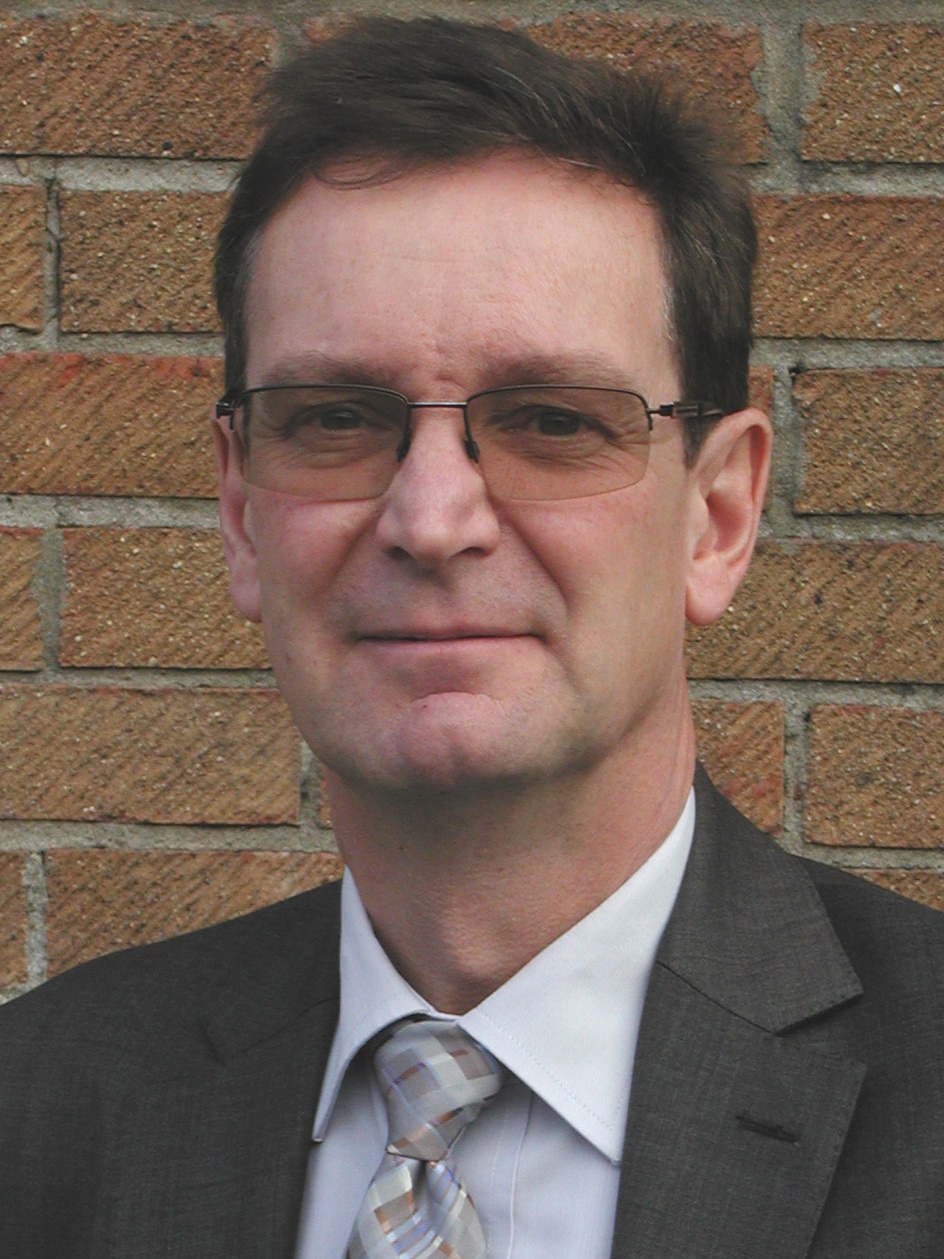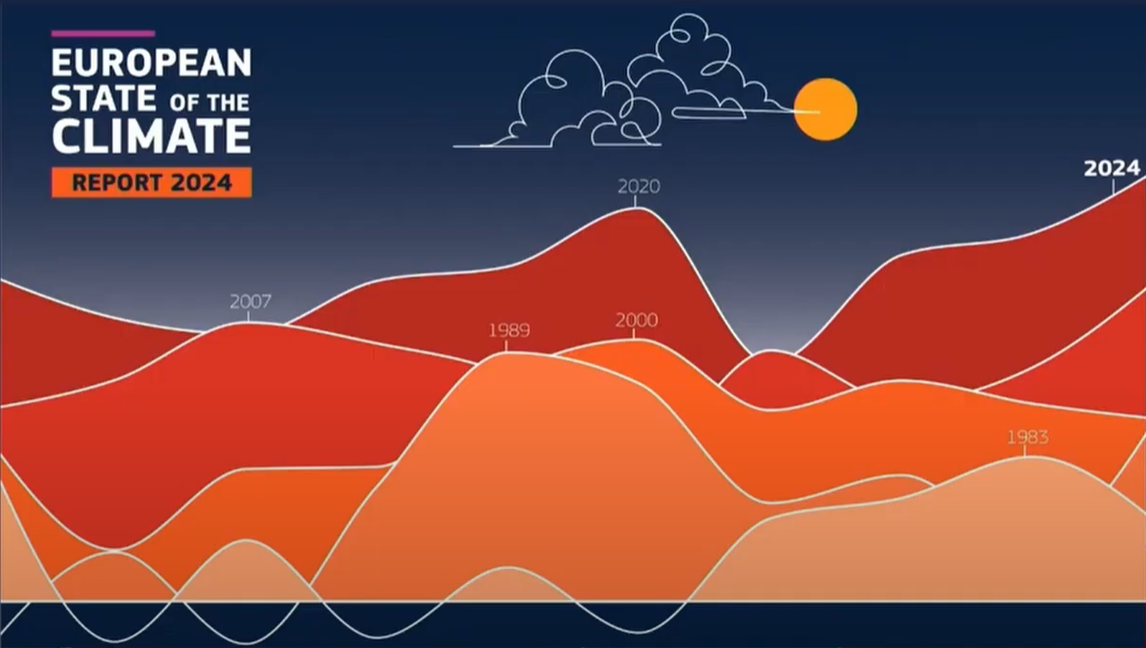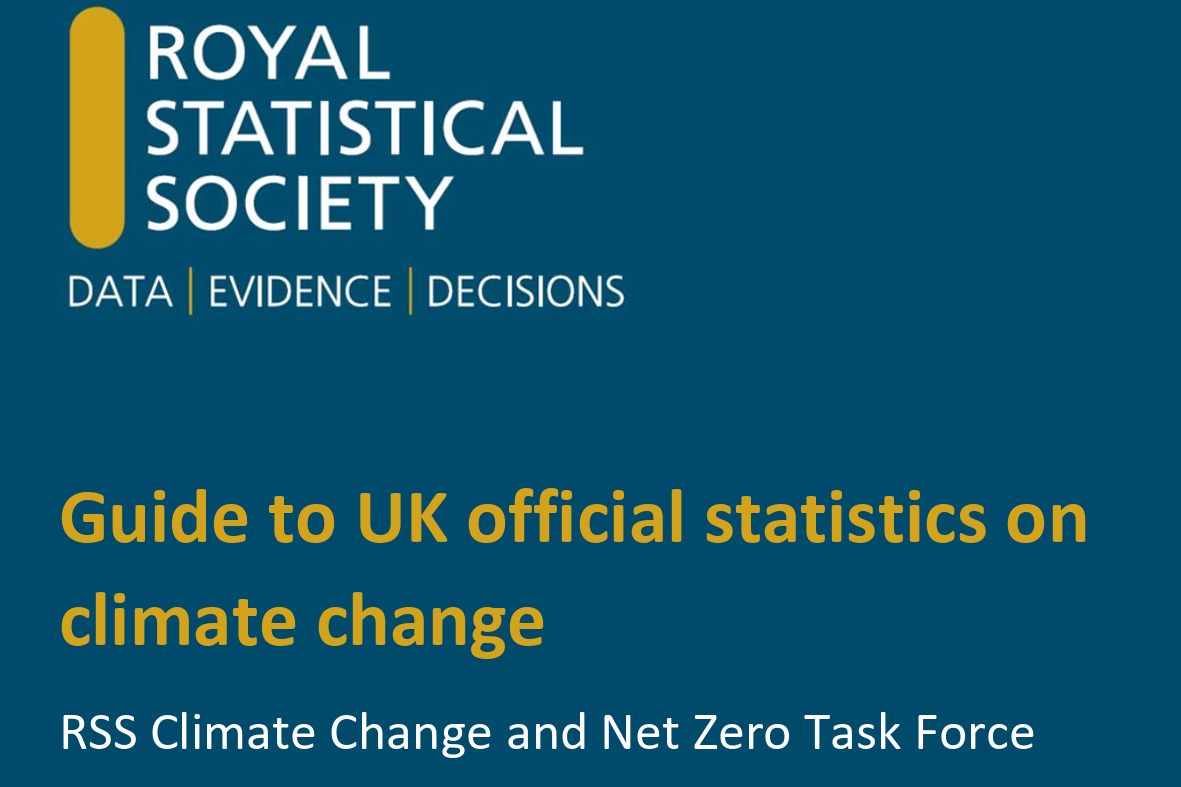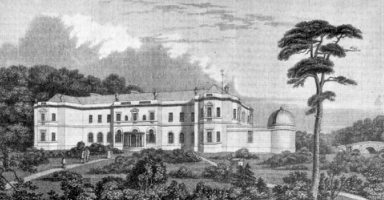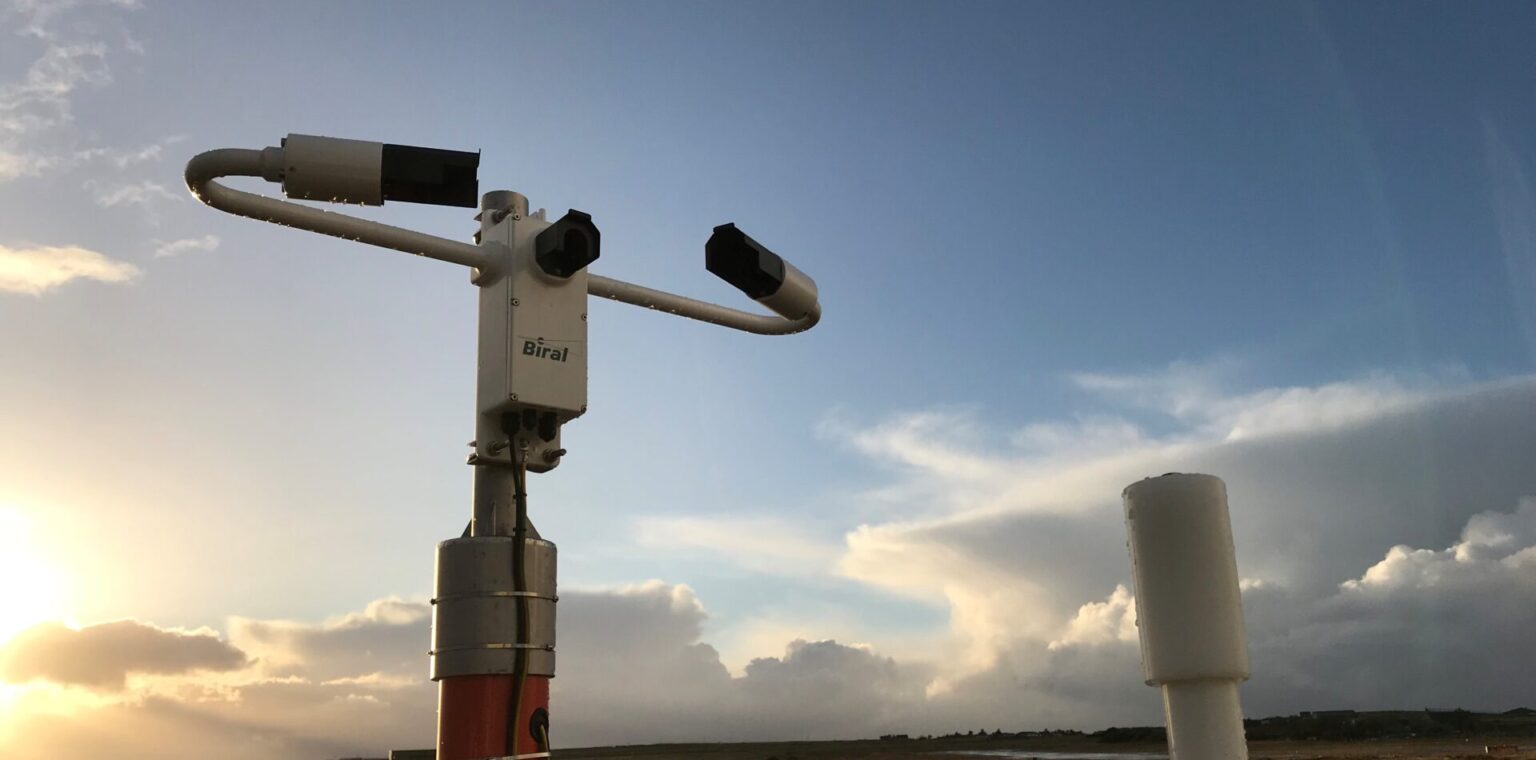

Weather Sensors in Tourism
Global warming is accelerating at an alarming rate due to the effects of climate change, with 2022 being recorded
as the sixth hottest year since records first began in 1880 at 0.86°C above the 20th-century average of 13.9°C. With an El Niño event developing across the tropical Pacific Ocean, global temperatures are set to continue to rise throughout 2023, creating further unpredictability in atmospheric conditions.
Tourism, especially during the summer months, is a major contributor to the UK economy, with overseas visitors spending over £26.5 billion throughout 2022. The tourism industry is heavily susceptible to extreme weather events, with coastal tourism being particularly vulnerable to unpredictable changes in the weather. Weather sensors play a key role in mitigating the impact of extreme weather, through the accurate and timely forecasting of meteorological data in real-time.
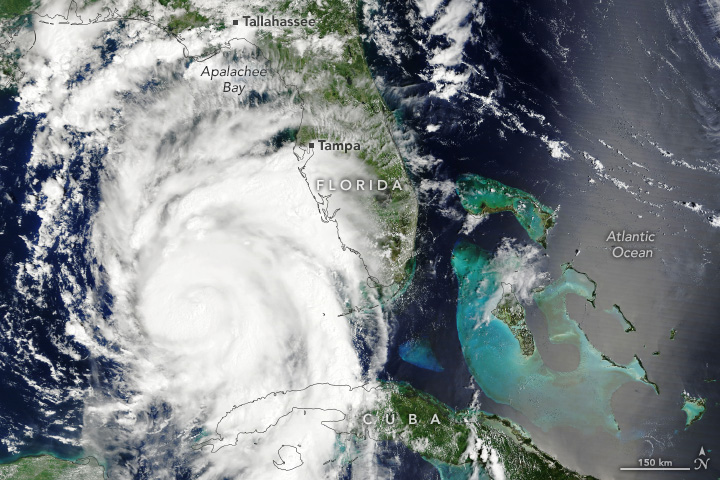
Developing atmospheric conditions
Across the globe, there has been an abrupt increase in extreme weather events and erratic changes in atmospheric conditions. In August 2023 alone, the National Oceanic and Atmospheric Administration reported prolonged monsoon rainfall in Pakistan and India causing the evacuation of over 100,000 people, record-high global ocean temperatures, and hurricane Idalia the strongest to hit Florida’s Big Bend region in over 125 years. Meanwhile, the Copernicus Climate Change Service predicts that Europe is expected to be warmer and wetter than average this winter, which further adds to the risk of unpredictable meteorological conditions.
Extreme weather impacts a myriad of industries, however, they are particularly damaging to the tourism sector. This is because tourism can be highly dependent on good weather, and if any weather events were to arise, the resulting cost for tourist-reliant locations has the potential to be catastrophic. With fewer people visiting the area, local businesses receive less revenue, leading to potential job losses and a financially unstable community. These events also carry longer-term implications, such as damaged brand perception and loyalty.
Addressing uncertainty
For tourist-dependent locations, there is a need for efficient and effective weather detection systems that allow organisations to analyse, predict and prepare for meteorological phenomena. Equipping the tourism sector with accurate and timely forecasting systems allows them to plan out their response to any meteorological crisis.
For instance, investing in early warning sensors and weather detection technology allows businesses to communicate internally, with their team, and externally, with tourists and potential customers. This allows them to provide timely information about any impending weather threats and provide regular updates. With a more planned approach, the overall tourist experience improves as there is less unpredictability surrounding their day.
Organisations should also develop a comprehensive risk assessment and emergency plan, outlining how they can best prepare and respond to extreme weather events that are prevalent in their area, such as flooding, wildfires and severe storms. Through implementing weather detection sensors, businesses receive earlier detection of extreme weather events, providing them with more time to create these plans and establish clear communication channels with local authorities, emergency services, and tourism businesses.
Weathering the Greek Climate
Biral is currently working with MicroStep on a two-year project for the Hellenic National Meteorological Service (HNMS) to provide comprehensive meteorological information to critical productive and developmental sectors using SWS-250 weather sensors. The project will include the expansion of Greece’s existing network of Automated Weather Stations (AWS), which are going to be recording and processing meteorological data on a 24-hour basis.
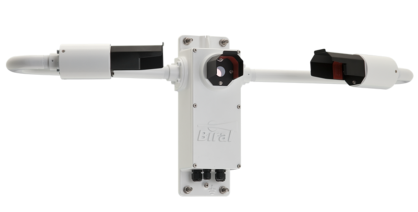
Through implementing these sensors, the HNMS makes weather forecasts and observations with increased accuracy for Greece’s tourism sector, enabling businesses to mitigate the impacts of extreme weather events. As part of the project, the SWS-250 will be installed near the sea, in particularly harsh conditions. Therefore, it's important that the SWS-250 is able to operate in the most challenging weather and as a result, it’s designed for longevity and powder coated in aluminium. This allows for more reliable service, enabling it to protect the tourism industry from unpredictable meteorological changes for years to come, minimising damage and maximising the profitability of the sector.
Preparing for the future
The world is evolving at a remarkable rate, with the impacts of climate change leading to an increase in the frequency, unpredictability and volatility of extreme weather events. The tourism industry is heavily susceptible to developments in atmospheric conditions, and as technology continues to advance, it is being used as an invaluable defence against changing conditions.
Weather detection technology, such as the SWS-250 sensors, allows businesses to prepare for meteorological uncertainty, providing them with additional time and insights into any future extreme weather. For tourism-dependent locations, leveraging this technology, along with other key measures will equip the tourism sector with the perfect arsenal to combat the continued evolution of the weather.
About the author
Paul Smith, Managing Director at Biral.
Established in 1975, Biral is a leading manufacturer of meteorological instruments and supplies the international market with one of the largest ranges of products available.
Its scope extends from sensors to measure wind, temperature, precipitation, visibility, solar radiation and other standard parameters to present weather sensors and complete weather stations.
Biral is also a specialist in the design, manufacture and supply of particle analysis and climate research instruments for science, industry and the environment."

